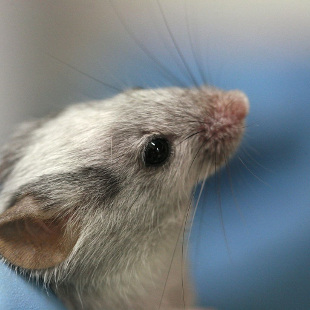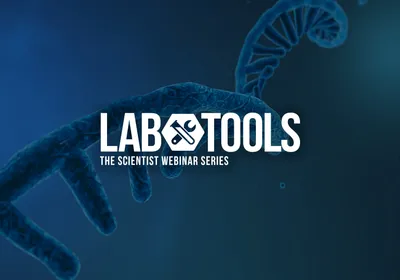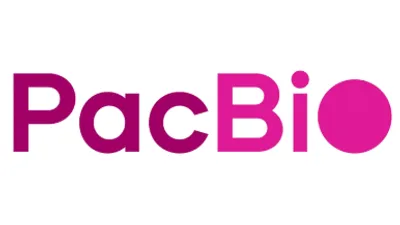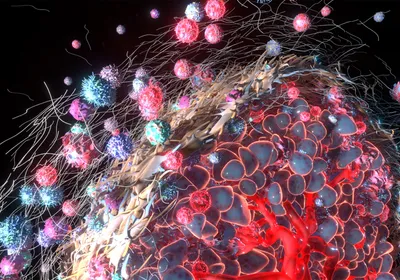 WIKIMEDIA, RAMAChanges in gene methylation alone can trigger cancer, according to a mouse study published today (July 25) in the Journal of Clinical Investigation. Working in mouse stem cells, researchers from Baylor College of Medicine in Houston, Texas, introduced a genetic segment designed to attract methyl groups—chemical modifiers that lead to gene silencing—into the mouse genome, upstream of the gene p16, which normally functions to regulate cell division. This transgenic segment was made up of motifs from the human genome, which—as a previous study has shown—are associated with promoter methylation and gene silencing during human development.
WIKIMEDIA, RAMAChanges in gene methylation alone can trigger cancer, according to a mouse study published today (July 25) in the Journal of Clinical Investigation. Working in mouse stem cells, researchers from Baylor College of Medicine in Houston, Texas, introduced a genetic segment designed to attract methyl groups—chemical modifiers that lead to gene silencing—into the mouse genome, upstream of the gene p16, which normally functions to regulate cell division. This transgenic segment was made up of motifs from the human genome, which—as a previous study has shown—are associated with promoter methylation and gene silencing during human development.
Baylor’s Lanlan Shen and her colleagues have now shown that among mice in which this methylation magnet was introduced, 27 percent developed lung cancer, leukemia, or sarcomas, while wild-type controls did not develop tumors. Five percent of mice that inherited one copy of the transgene and one wild-type copy also developed tumors.
“For many years we’ve been very convinced that DNA methylation changes and epigenetic silencing contribute to human cancer, and there have been a lot of observations that support that concept,” Peter Jones, research director and head of the cancer epigenomics lab at Michigan’s Van Andel Research Institute who was not involved in the work, told The Scientist. “What [this] paper does, which I think is very clever, is to selectively silence a tumor-suppressor ...























